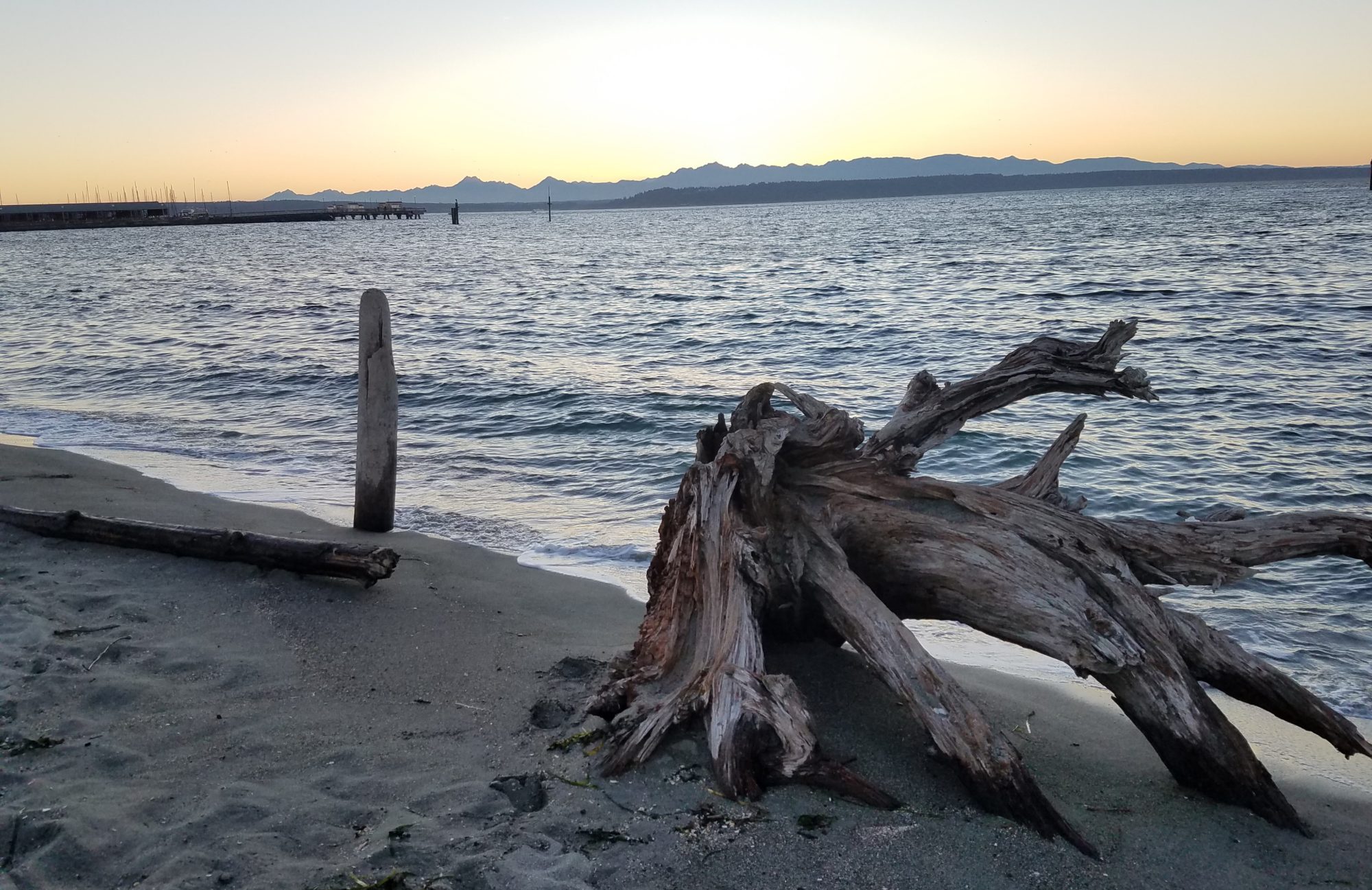This is a sweet reminder to hold love beginning with ourselves and then expanding out to all things. I received this from last week’s summary of Richard Rohr’s Daily Meditation.
Loving-Kindness Meditation
Buddhist loving-kindness (or metta) practice counteracts the sense of powerlessness that contributes to the anxiety of not experiencing that “all will be well.” Metta practice also awakens compassion and reminds us of our interdependence. It can be an antidote to the usual selfish sense of happiness which prioritizes our wellbeing and ignores or denies responsibility for the wellbeing of others. I offer this version of loving-kindness practice adapted from meditation teacher Steven Smith.
We begin with loving ourselves, for unless we have a measure of this unconditional love and acceptance for ourselves, it is difficult to extend it to others. Then we include others who are special to us, and ultimately, all living things. Gradually, both the visualization and the meditation phrases blend into the actual experience, the feeling of loving kindness. . . .
Take a very comfortable posture. . . . Begin to focus around . . . your “heart center,” breathing in and out from that area. Next, evoke a kind feeling toward yourself. Drop beneath [any areas of self-judgment or self-hatred] to the place where we care for ourselves, where we want strength and health and safety for ourselves.
Continuing to breathe in and out, use either these traditional phrases or ones you choose yourself. Say or think them several times.
May I be free from inner and outer harm and danger. May I be safe and protected.
May I be free of mental suffering or distress.
May I be happy.
May I be free of physical pain and suffering.
May I be healthy and strong.
May I be able to live in this world happily, peacefully, joyfully, with ease.
Next, move to a person who most invites a feeling of loving kindness in you, and repeat the phrases for this person:
“May she/he be free from inner and outer harm and danger. . . . ”
Now move to a neutral person, someone for whom you feel neither strong like nor dislike. As you repeat the phrases, allow yourself to feel tenderness, loving care for their welfare.
Now, repeat the phrases for someone you have difficulty with—hostile feelings, resentments. . . . If you have difficulty doing this, you can say before the phrases, “To the best of my ability I wish that you be. . . . ” If you begin to feel ill will toward this person, return to the benefactor and let loving kindness arise again. Then return to this person. . . .
Finally, extend loving kindness out to all beings, using phrases such as these:
May all beings be safe, happy, healthy, live joyously.
May all living beings be healed and whole, content and fulfilled.
May all individuals have whatever they need.
May all beings in existence have safety, happiness, health, joy, and peace.
Abide in silence for a few more breaths, then journal about your experience, if you like.
*************************
Experience a version of this practice through video and sound.
Adapted from Steven Smith, Loving-Kindness Meditation, The Center for Contemplative Mind in Society.

